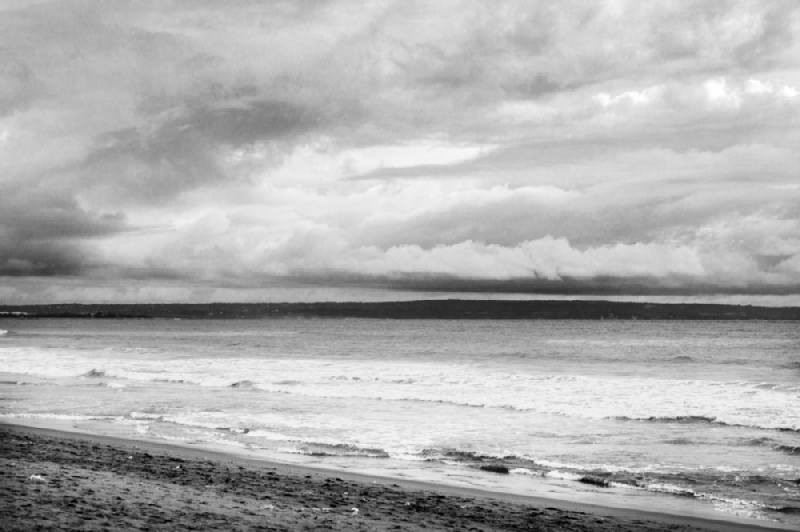Bokusui Wakayama (1885-1928) is one of the most popular modern poets. Many of his waka (short poems) were made during his trip around Japan. He knew there is no end in his spiritual journey but he was determined to go on another journey every day. In that sense he was a modern vagabond.
若山牧水は、非常に人気のある近代歌人ですが、彼の和歌には旅の途上で詠われた和歌が多くあります。心の旅には終わりがないことを知りつつ、毎日旅に出ることを心に誓っていたのです。その意味で、彼はまさに近代のバガボンドと言えるでしょう。
幾山河越えさり行かば寂しさの終てなむ国ぞ今日も旅ゆく
How many mountains and rivers I need to cross
Before I get to a land where loneliness never prevails?
I’m prepared for this journey just as I was yesterday.幾つの山や河を越えていけば 寂しさの無い国に辿り着くのだろうか いや無理だろう だとしても今日も旅に出よう
There is an undertone of the loss of or absence of “Home” in his songs too. There is no end in the search of a place where you feel no loneliness, no worries or no frustrations. Samishisa usually refers to loneliness. But here it could mean something different. What feeling this could be? When do you feel like you reach out only to grab hold of nothing? What do you sigh about? When do you feel helplessness?
「Home」の喪失または不在が、彼の和歌にも通奏低音のように響いています。また、ここで言う「寂しさ」とは、単に孤独を歌っているのではありません。その感情とはどんなものでしょうか?伸ばした手が何もつかめないと感じるのはどんな時でしょうか。ため息が出るのはどんな時でしょうか。やるせなさを感じるのはどんな時でしょうか。
When you have some concern over relationships, it might be difficulty in finding people near you with whom you would share anything important to you, in spending quality time with your loved ones, or in stepping further in your relationship. Socially, it might be difficulty in confirming to the crowd, in letting go of mean reactions from thoughtless people, or in getting people to understand what you really mean. When you think about aging, it might be difficulty in accepting the fact that you get old or that your body gets weaker, or in leaving anything meaningful to the next generation. When you think about personal growth, it might be difficulty in curving out time for activities that matter to you, in seeing positive outcome of your efforts, or in finding a balance between benefiting others and nourishing yourself. When you are going through hardships, it might be difficulty in showing resilience or integrity in hard times, or in getting support to your day-to-day survival.
人との関係で言うと、大切なことを分かち合える人が身の回りに見つからないとき、愛する人と大切な時間を過ごせないとき、大切な人との関係を深められないとき。社会的には、集団に歩調を合わせることに苦労するとき、思慮を欠く人からの不愉快な反応を聞き流せないとき、自分が本当に伝えたいことをわかってもらえないとき。年を重ねることについては、自分が年老いることや弱っていくことが受け入れがたいとき、次の世代に何を残せるのかと考えるとき。個人の成長を考えると、自分にとって大切なことに時間を割けないとき、自分の努力が報われないと感じるとき、他人のためを思ってすることと自分自身を豊かにすることのバランスを見いだせないとき。辛い時期を過ごしているなら、苦しいときに己の強さや確かさを示せないとき、日々生きていくための支えがないとき。
We live our life, entangled in these feelings between sadness, frustrations and helplessness. And we all know well that once you get over one frustrating situation, you will face another very soon. Bokusui sings about the same theme in another song.
我々はこうした、悲しみとも葛藤ともやるせなさとも言えるような感情にもみくちゃにされながら生きています。また、苦しみを乗り越えると、すぐまた次の苦しみに襲われることも我々は良く知っています。牧水は別の歌でも同じことを歌っています。
いざ行かむ行きてまだ見ぬ山を見むこのさびしさに君は耐ふるや
I must leave
And I’m sure I’ll find another mountain to cross where I get
Are you really prepared for this hopelessness?さあ行くぞ 辿り着いたところでまた知らぬ山が現れる そんな寂しさに 君は耐えられるか
It’s like a journey during which you need to cross one mountain after another, one river after another. Right on arrival, something new comes up and breaks your heart. That’s our day-to-day journey. There is no end. This song asks us how prepared we are to take on this journey every day.
まさに、山の後には別の山があり、越えた川の後に別の川があるという旅なのです。辿り着いた瞬間に、新たな何かが持ち上がり、心は打ち砕かれる。それが私たちの毎日なのです。終わりはない。この歌が私たちに問うているのは、日々そんな旅に出る覚悟はできているのかということなのではないでしょうか。
| Series: In Search of Home
Moon Palace: In Search of Home |









